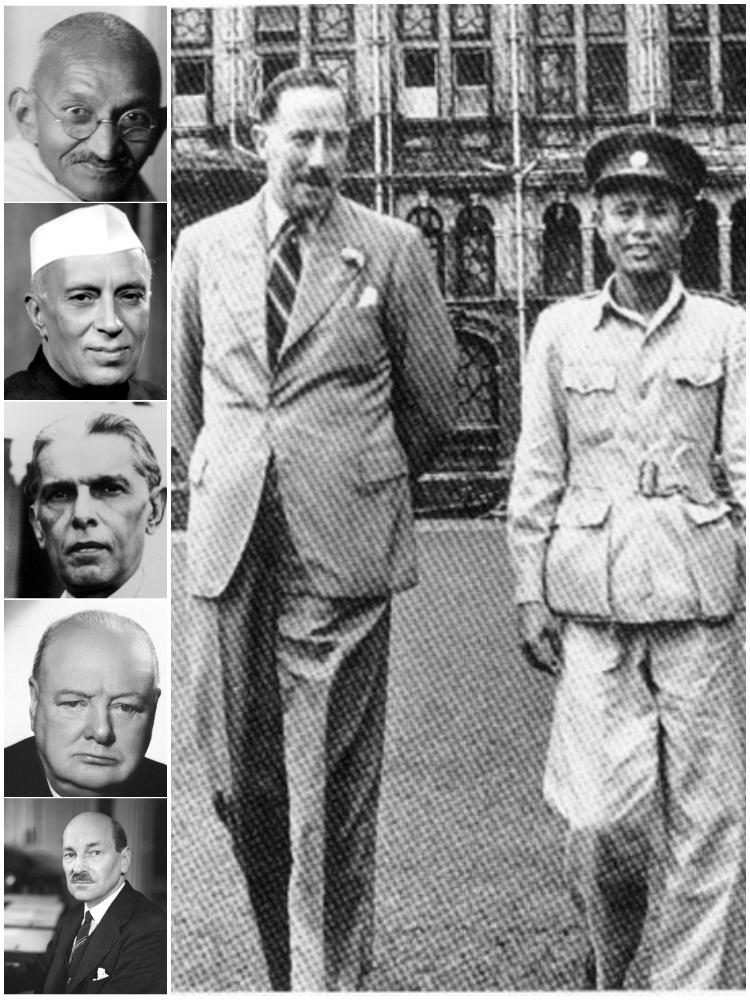
20 December 1946
UK's decision to quit Burma
room United Kingdom
people Winston Churchill General Aung San Clement Attlee Pandit Nehru Sir Hubert Rance Mahatma Gandhi
On 20 December 1946, UK Prime Minister Clement Attlee informed the House of Commons of his government's intention "to hasten forward the time when Burma shall realize her independence, either within or without the Commonwealth". In other words, the UK had decided to quit Burma.
Clement Attlee's Labour government were coping with severe and mounting economic challenges at home, and facing dire emergencies in India, Palestine, and Greece. Communal violence in India would soon claim the lives of millions. Palestine and Greece were on the verge of war. The Cold War was beginning. The British were fast demobilizing their armies. The empire was at a breaking point. Burma was a sideshow.
Furthermore, Indian independence had just been agreed and so Burma was about to lose its strategic significance (unlike the future Pakistan, which was seen as a bulwark against the Soviets). From an economical standpoint, the cost of rebuilding Burma after it had been shattered by World War Two, was more than the British were willing to bear; it was clear that Malaya and Hong Kong were going to be far more profitable places.
A new "Burmese government" had recently been formed and, that same week, Clement Attlee invited General Aung San, U Tin Tut, and other Burmese leaders to London for talks in January. The thorny issue of what the future should hold for the Karens and "other frontier people" who had supported the Allies in the war was left hanging.
Attlee's announcement was not welcomed by all, as can be seen in the minutes from the parliamentary session on 20 December 1946, in which Churchill dryly notes that, "The British Empire seems to be running off almost as fast as the American loan." Referring to the recent Allied victory in Burma, Churchill said, "it is hardly a year since, by the superb exertions of the Fourteenth Army and enormous sacrifices in life and treasure - sacrifices by British blood and in Indian blood - the Japanese were forced to surrender, destroyed, or driven out, and the country was liberated. And yet, although barely a year has passed away, there is this extraordinary hast4e that we should take the necessary measures to get out of Burma finally and forever."
The main photograph shows General Aung San with Burma Governor Sir Hubert Rance at Government House, Rangoon. Along the side are portraits of key actors n the British relinquishing of colonial control over India and Burma, from top to bottom: Mahatma Gandhi, Pandit Nehru, Muhammad Ali Jinnah, Winston Churchill, and Clement Attlee.